In the evolving world of cryptocurrency, the concept of peer-to-peer charity collections has gained significant momentum. This article aims to unravel the way regulators perceive and address these initiatives in the cryptocurrency-related market. With a focus on compliance, security, and transparency, we shall dive into the depths of this intriguing subject.
The Emergence of P2P Charity in the Crypto Sphere
The rise of cryptocurrencies has opened new avenues for charitable endeavors, with peer-to-peer charity collections becoming a prominent feature. P2P charity enables direct transactions between donors and recipients without the involvement of traditional intermediaries. This approach fosters greater transparency and efficiency, but it also raises questions about regulatory oversight.
Understanding Regulatory Perspectives
Regulatory Compliance and Legal Frameworks
In a nascent industry like cryptocurrencies, compliance with existing legal frameworks becomes vital. Regulators worldwide are scrutinizing P2P charity initiatives to ensure they adhere to anti-money laundering (AML) and know-your-customer (KYC) regulations. Striking a balance between innovation and compliance remains a challenge for both charitable organizations and regulators.
Security Concerns and Consumer Protection
The Vulnerabilities in P2P Charity Platforms
While peer-to-peer charity platforms offer unprecedented access to global giving, they also come with inherent security risks. Regulators closely monitor these platforms to safeguard donors from potential scams, cyber-attacks, and other vulnerabilities that could undermine trust in the crypto charity ecosystem.
The Quest for Transparency
Transparency plays a pivotal role in gaining public trust and credibility in the P2P charity space. Regulators emphasize the need for open reporting of funds, their utilization, and the impact on beneficiaries. Blockchain technology, which underpins most cryptocurrencies, can provide an immutable record of transactions, enhancing transparency.
How Regulators Assess the Impact
Social Impact Assessment
Ensuring Effective Use of Funds
Regulators evaluate the social impact of P2P charity collections by assessing the effectiveness of funds disbursed to the intended beneficiaries. They examine how efficiently these platforms distribute funds and track the progress of the funded projects to ascertain their true impact.
Addressing Regulatory Arbitrage
Regulatory arbitrage refers to exploiting regulatory loopholes in different jurisdictions. Regulators work together to close such gaps and establish consistent rules for P2P charity platforms globally, promoting fair and ethical practices.
In the evolving landscape of cryptocurrency-related markets, peer-to-peer charity collections are transforming the way charitable initiatives are conducted. However, regulators play a pivotal role in ensuring compliance, security, and transparency within this domain. The careful balance between promoting innovation and protecting stakeholders will pave the way for a thriving and ethical crypto charity ecosystem.



